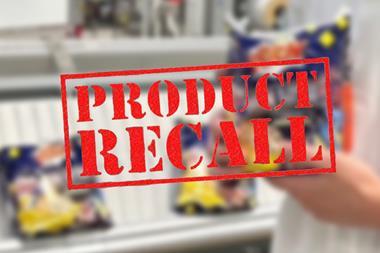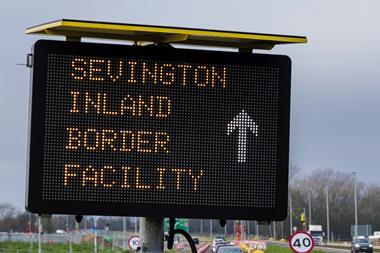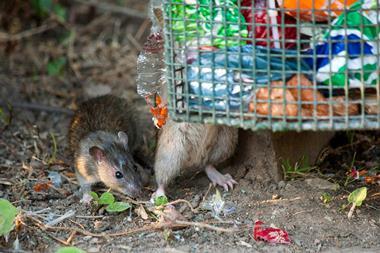It’s too early to judge the long-term impact of the horsemeat scandal. I’ve already received one briefing note from a media centre implying it’s all fading. I disagree. Now is the interesting period.
Weaknesses have been exposed in company and governmental controls. For years, governments have bowed before food sector efficiency. Yet we’ve learned that, despite rigorous contracts and specifications, companies didn’t know what was going into products. Price-cutting blinded them to quality control.
Under pressure, government retreated to an old style. Defra, FSA and industry met behind closed doors. No minutes or notes were published. No consumer or outside public health bodies were invited. There was no pretence at consultation. This was 1980s, arrogant ‘leave-it-to-us’ culture. No wonder fissures emerged between No 10 and Defra. The Prime Minister, whose job was in PR before politics, knew this was dangerous. It is.
The secretary of state almost fetishised EU DNA testing. Testing may be useful, but science policy experts teach us what matters is who frames the questions. Who decides what to test when and where? Just why did the Food Safety Authority of Ireland do tests? And why has public testing been severely pruned in the name of fiscal rectitude?
“Long supply chains are complex, messy and vulnerable”
The EU promise in 2000 to prioritise public trust has been in retreat since the high days of the Food Safety White Paper and the creation of national food agencies. As General Eisenhower reputedly said, the uninspected inevitably deteriorates.
This saga highlights continued drift in food policy. Long supply chains are complex, messy and systemically vulnerable. In 2007-08, as commodity prices spiked, there was a flurry of interest in food system fragility. Rich countries realised their own dependencies, but interest soon fell, refocused on Africa not us.
Economic ‘self-reliance’ is heresy, yet shorter, simpler supply chains are required. We need to reduce meat production and consumption anyway. If we want to reduce food fraud, we need investment in short chains. Better meat, less often. The debate about systemic change must start now.
Tim Lang is professor of food policy, City University London



















No comments yet